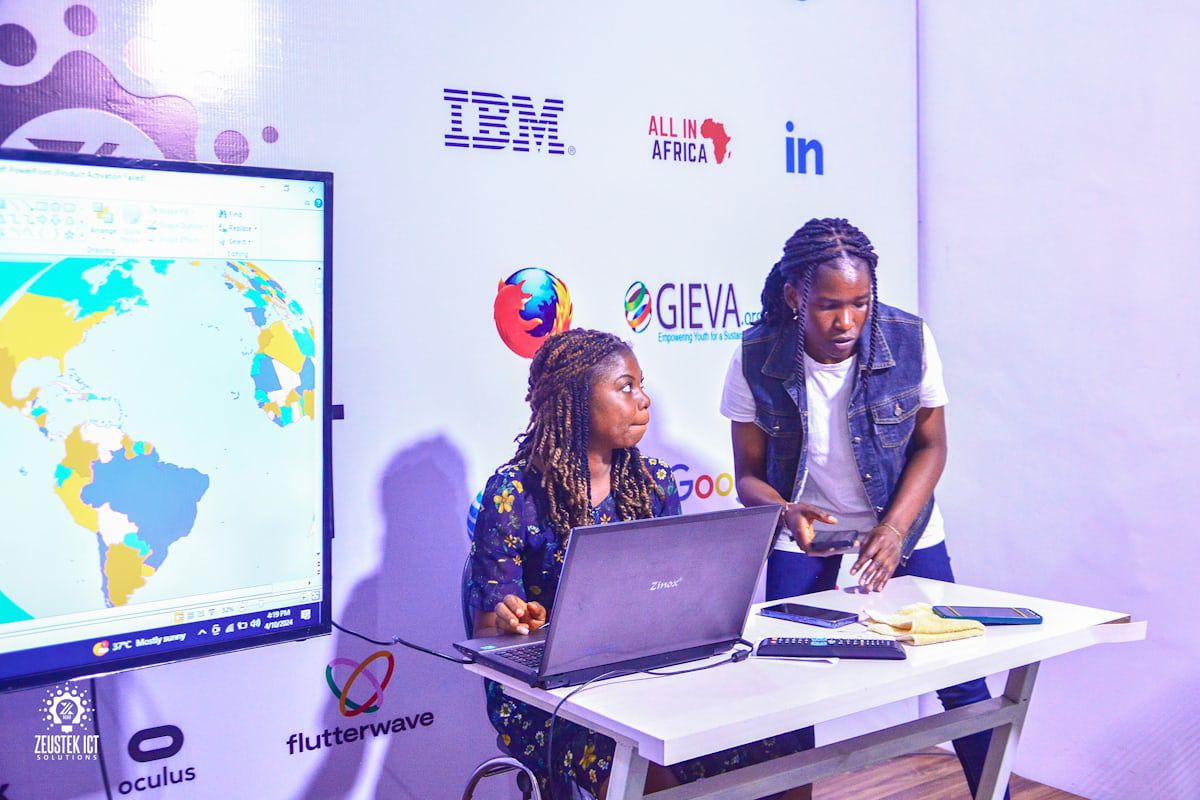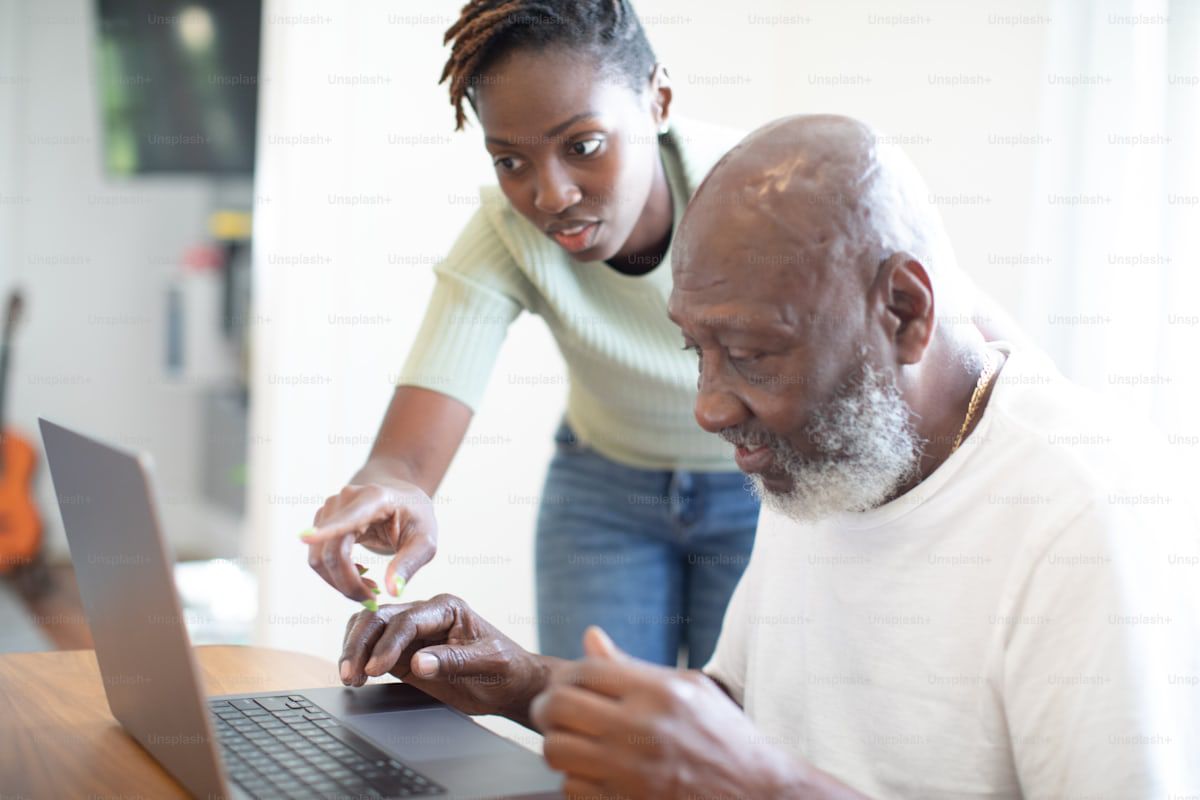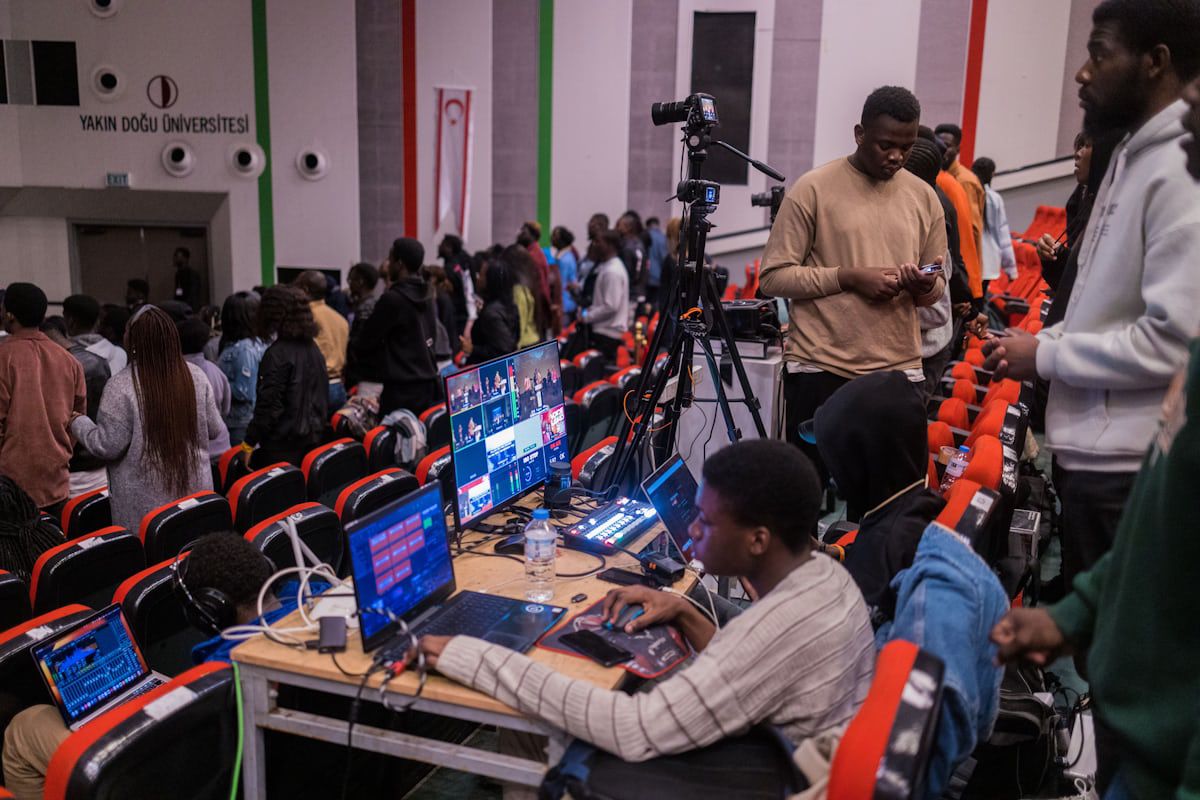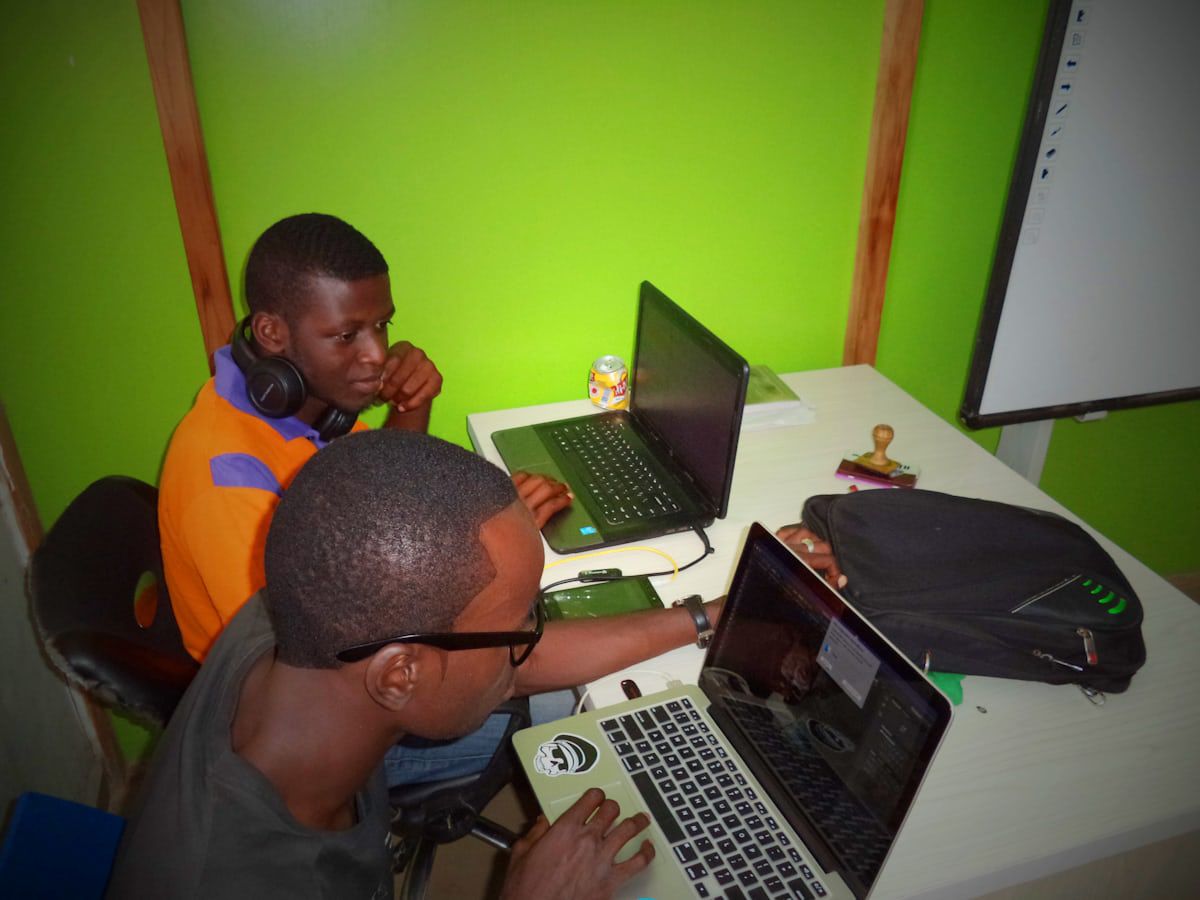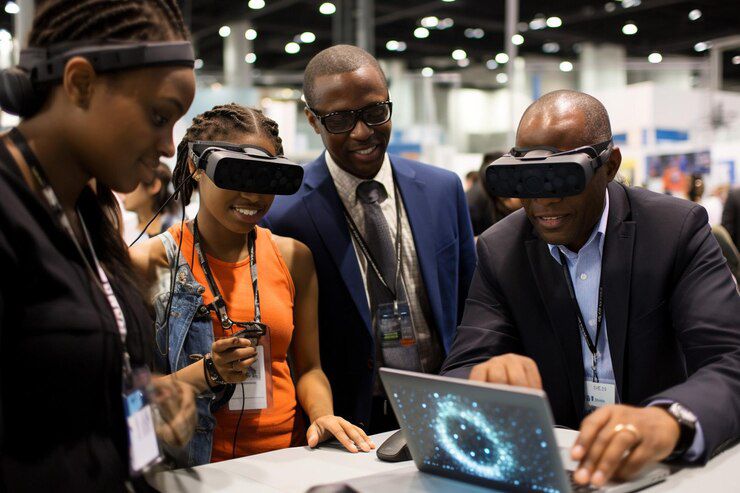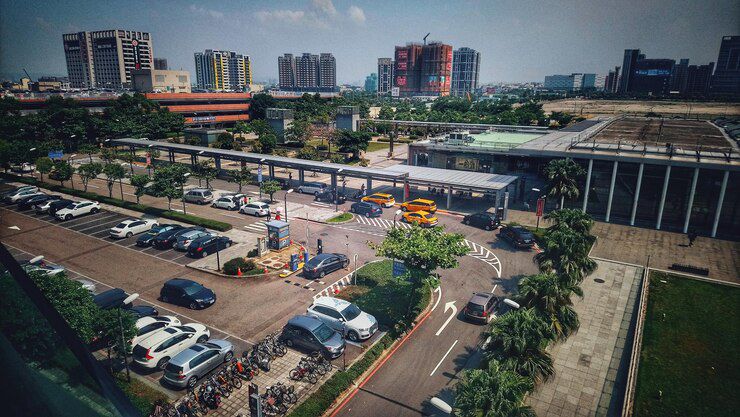Picture this: the 1980s in Nigeria. Big hair, bigger shoulder pads, and the sweet sounds of King Sunny Ade’s jùjú music filled the air.
But beneath the vibrant chaos of that era, something groundbreaking was unfolding—a quiet revolution that would change Nigeria forever.
No, it wasn’t the invention of suya spice (though that’s equally legendary). It was the arrival of Nigeria’s first computer, a clunky, room-sized machine that sparked the ICT revolution we’re still living today.
Sit back, grab a chilled bottle of Maltina, and let’s time-travel to an era when “logging in” meant physically walking into a computer room. 😅
The “Big Iron” That Started It All
In the early 1980s, Nigeria’s tech landscape was… well, nonexistent. Typewriters ruled offices, and calculators were considered “high-tech.” Then came the Univac System, Nigeria’s first mainframe computer, installed at the University of Ibadan (UI) in 1963 but gaining real momentum in the 80s. This beast wasn’t the sleek laptop you’re reading this on—it was a room-sized monster with less processing power than your modern-day wristwatch!

Fun fact: This Univac was so loud, it probably contributed to the rise of Afrobeat—Fela’s saxophone had competition! 🎷
But why does this matter? Simple: that machine became the seed of Nigeria’s digital future. Universities, government agencies, and curious minds flocked to UI to witness this “electronic brain.” For many Nigerians, it was their first encounter with the concept of programming, data processing, and the terrifying phrase: “System crash.”
The Pioneers: Tech Heroes in Safari Suits
Let’s talk about the OGs—Nigeria’s first tech pioneers. These were men and women who stared at punch cards like they held the secrets of the universe (because, in a way, they did). Training programs sprouted nationwide, often sponsored by the government and foreign partners.

One standout figure was Dr. Philip Emeagwali,a Nigerian computer scientist who’d later be dubbed the “Bill Gates of Africa.” In the 80s, he was already crunching numbers on supercomputers abroad, but his work inspired a generation back home. His message? “Africa must code its own future.”
Meanwhile, in Lagos and Abuja, civil servants traded their typewriters for keyboards, muttering prayers like, “NEPA, please don’t take the light today!” (Some things never change. 🙏)
From “Computer Wahala” to Digital Hope
Of course, the journey wasn’t all smooth. Imagine explaining “the internet” to someone who’d never seen a telephone!, The Early challenges were:
- Power struggles: Literally. Electricity was as reliable as a politician’s promise.
- Awareness gaps: Many Nigerians thought computers were “juju boxes.” (No, it couldn’t predict Baba Ijebu Lottery numbers—ask me how I know. 😁)
- Cost: These machines were pricey! A single computer could cost more than a mansion in Ikoyi.
But the 80s laid the groundwork. By 1988, the National Information Technology Development Agency (NITDA) began taking shape, and tech-savvy youths started dreaming of a connected Nigeria.
The Ripple Effect: How the 80s Shaped Today’s Tech Boom
Fast-forward to 2025, and Nigeria’s tech scene is a global force—think Flutterwave, Andela, and Lagos Tech City. But every AfroTech success story traces back to those gritty 80s days. That Univac computer taught us one thing: innovation thrives where there’s audacity.
Today’s “tech bros” coding in Yaba cafés owe a debt to the safari-suited pioneers who believed a machine could transform a nation. And hey, if they could debug a program without Google, you can survive your next Zoom meeting. 💻
Omo, We’ve Come Far!
So, the next time your POS terminal acts up or your Bolt driver gets lost, remember: Nigeria’s tech journey began with a loud, stubborn machine in Ibadan. The 1980s didn’t just give us computers—they gave us courage to embrace the unknown.
And to the Univac system? We salute you! You were the “grandfather” of the iPhone 15, even if you weighed 2 tons. 🖥️
References & Further Reading:
- University of Ibadan’s Computing History
- Dr. Philip Emeagwali’s Contributions
- NITDA’s Role in Nigeria’s Tech Growth
Engage with Us!
Did you (or your parents) witness Nigeria’s first computers? Share your stories in the comments! Was it love at first sight, or did you think it was “oyinbo magic” too? Let’s yarn!!!
Discover more from TechSocial.Ng
Subscribe to get the latest posts sent to your email.

